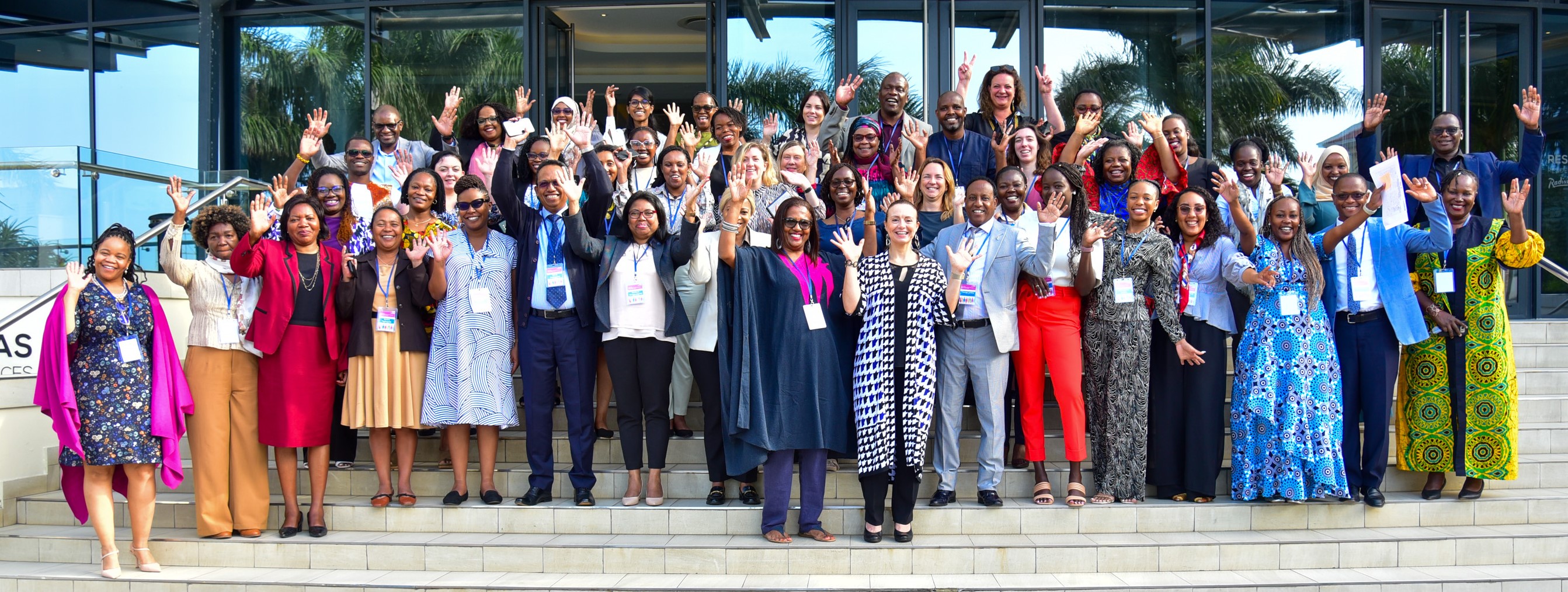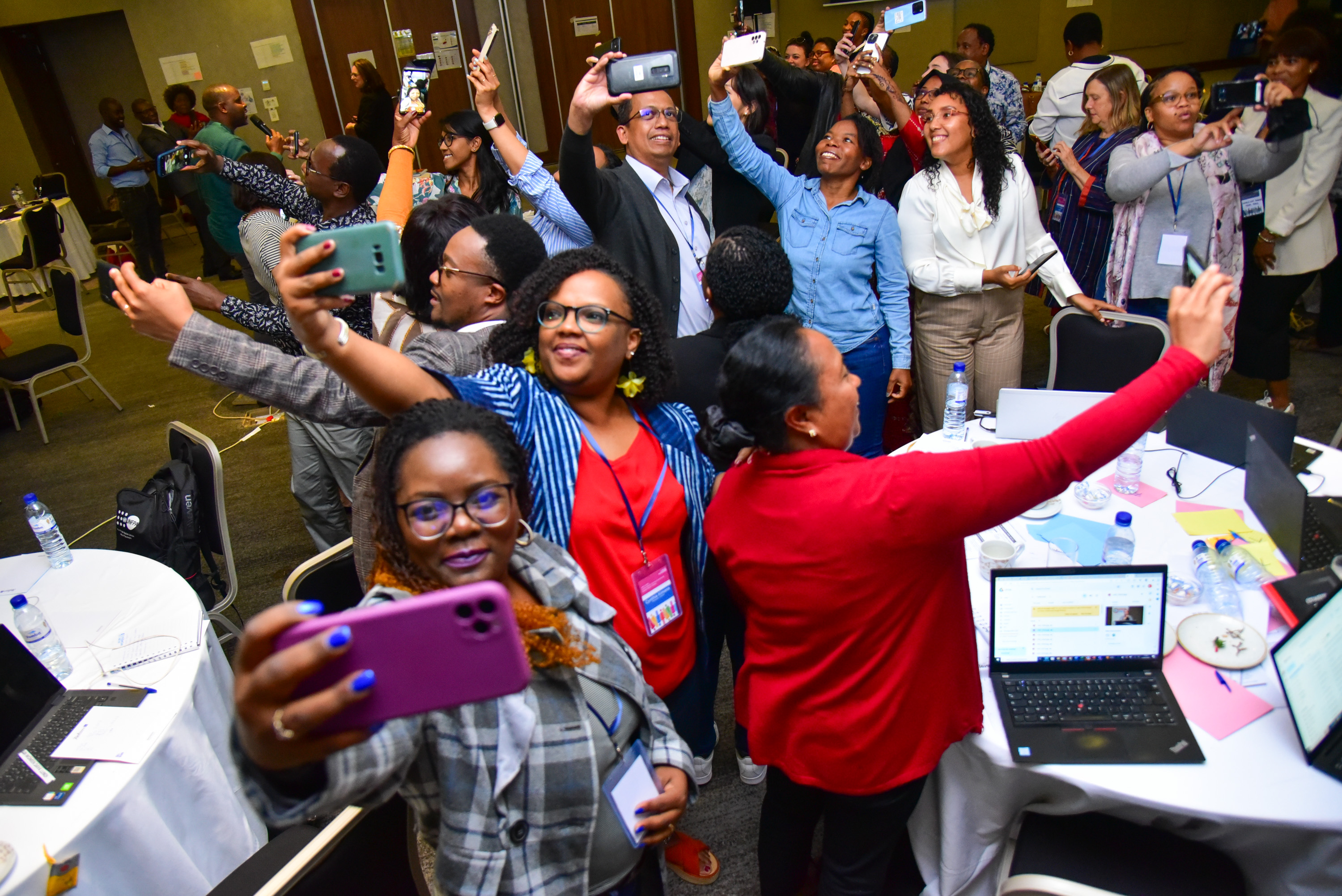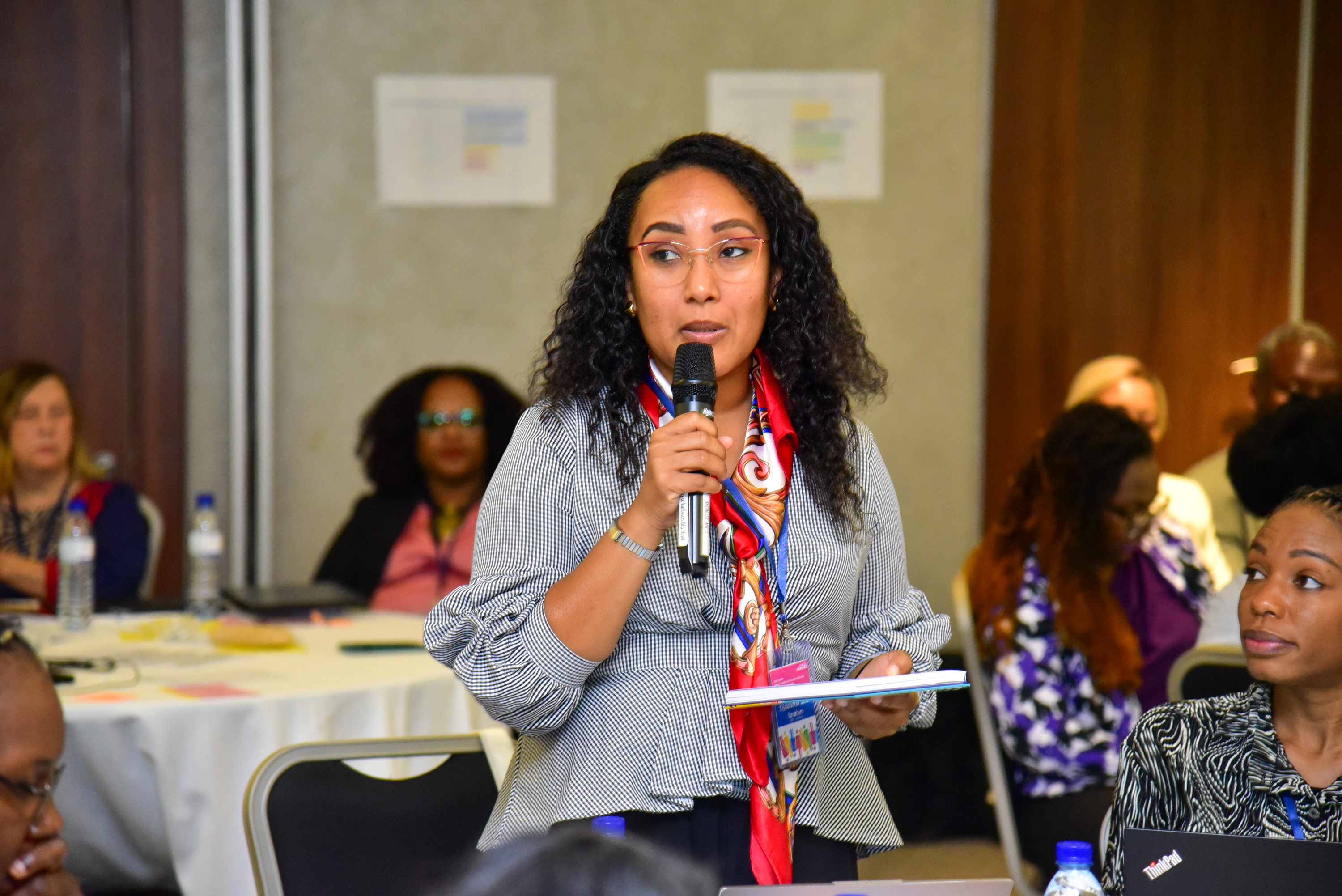Leveraging the UN System’s performance on gender equality in East and Southern Africa
Date:

The 2023 edition of the UNCT-SWAP Gender Equality Scorecard and the UNCT Gender Equality Marker training, held in Maputo, Mozambique from 19th to 23rd June 2023 presented an opportunity to track and leverage the UN System’s performance on gender equality in the region. UN Women East and Southern Africa Regional Office has continuously been providing support to the UN Country teams across the region in implementing the UNCT-SWAP Gender Equality Scorecard and UNCT Gender Equality Marker (UNCT GEM) accountability frameworks, through training, promoting networks and coordination mechanisms, knowledge management and sharing country-tailored technical advice and financial assistance.
Since its adoption in 2008, the UNCT-SWAP Gender Equality Scorecard has been increasingly promoted and implemented by UNCTs across the region. From 2018 to 2022 the number of UNCT-SWAP reports has more than doubled, rising from 33 in 2018 to 76 in 2022, largely influenced by the number of countries conducting annual reviews. This is commendable progress in terms of follow-up on the implementation of action plans derived from the comprehensive assessment. On the same note, it is also essential to emphasize a positive trend in terms of performance scores, despite the fact that areas of gaps and challenges remain broadly the same. In the East and Southern African region, 17 out of 22 countries have conducted at least one comprehensive review since 2018, and all of them have - or are in the process of - conducting an annual review.

Successive UN General Assembly resolutions, the Sustainable Development Agenda, and the UN Economic and Social Commission all make explicit the requirement of the UN Development System to invest more in gender equality and women’s empowerment and to monitor in a systemic, harmonized, and transparent way the quality, scope, and impacts of these investments. The training was a chance for country teams to further document promising gender mainstreaming practices already being implemented in the ESA region across UN system processes and programmes, in line with the UNCT-SWAP GE Scorecard and the UNCT GEM standards.
There has been a positive trend in terms of performance scores since UN Women ESARO started hosting the training in 2019, despite the gaps and challenges remaining broadly similar throughout the period, namely on gender equality in Cooperation Framework and M&E, UNCT Leadership and Gender Parity, Gender Architecture and Capacities, Tracking resources for gender equality and women’s empowerment and Gender Results.

Participants have welcomed the initiatives and found the training a real and effective opportunity to exchange their practices and learn from their peers on ways and opportunities for improvement while familiarizing themselves with updates, innovative approaches, and existing useful resources to follow up on implementation towards greater performance. “It is a learning process, and it helps us a lot to plan because the action plans and recommendations from the scorecard informed the Gender Theme Group work plan. The training is useful and it’s helping us to learn more from other countries that are further ahead than we are, to help us improve,” said Elizabeth, UN Women’s Gender and Humanitarian specialist in South Sudan.
Participants are expected to prepare a briefing for the UNCT on the key takeaways from the UNCT-SWAP and UNCT GEM for their UN Gender Theme Group on the content and outcomes of the training, including sharing of resources and report back to the UN Women ESARO on actions taken.